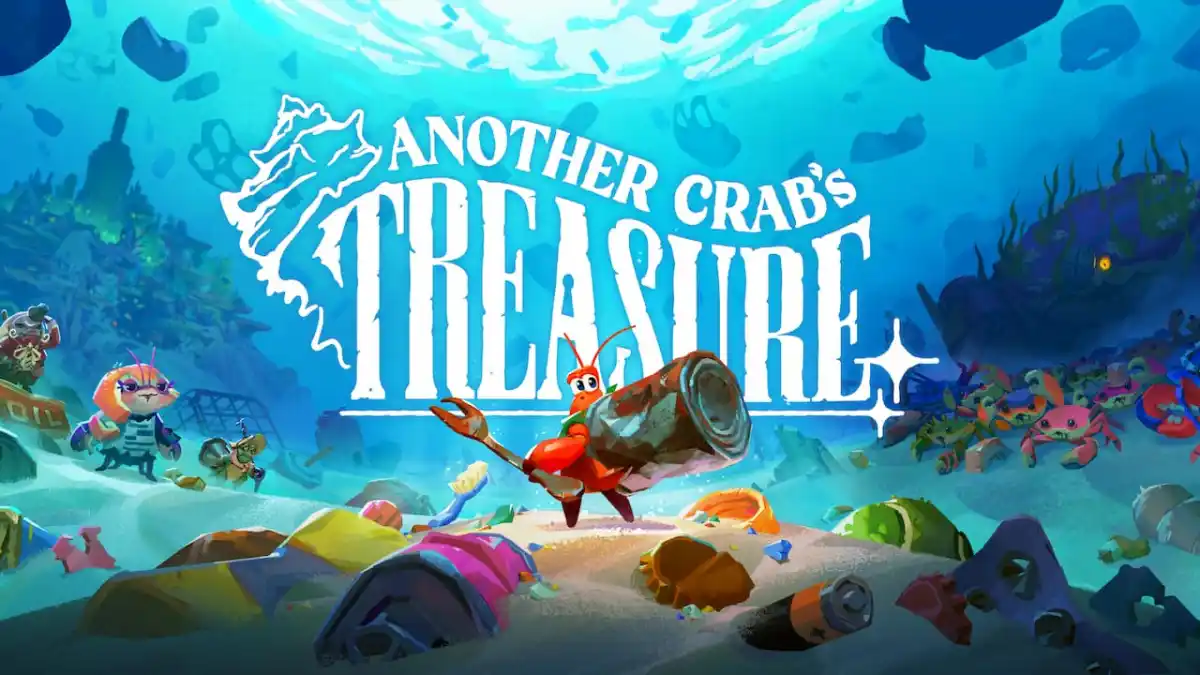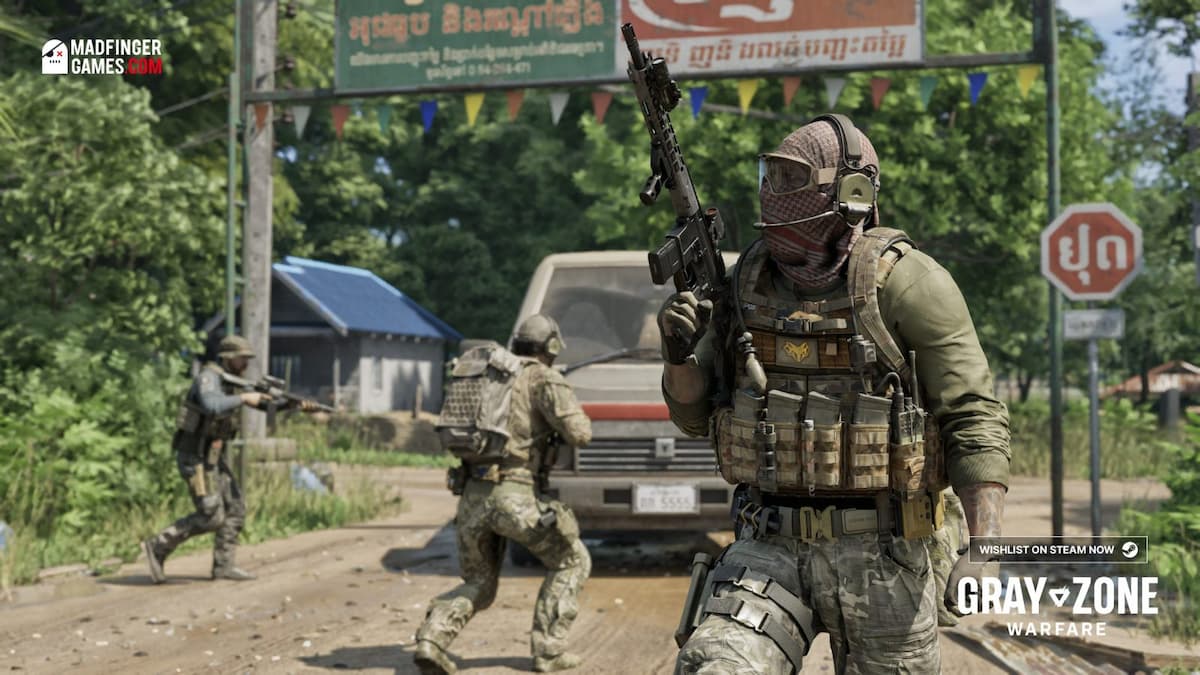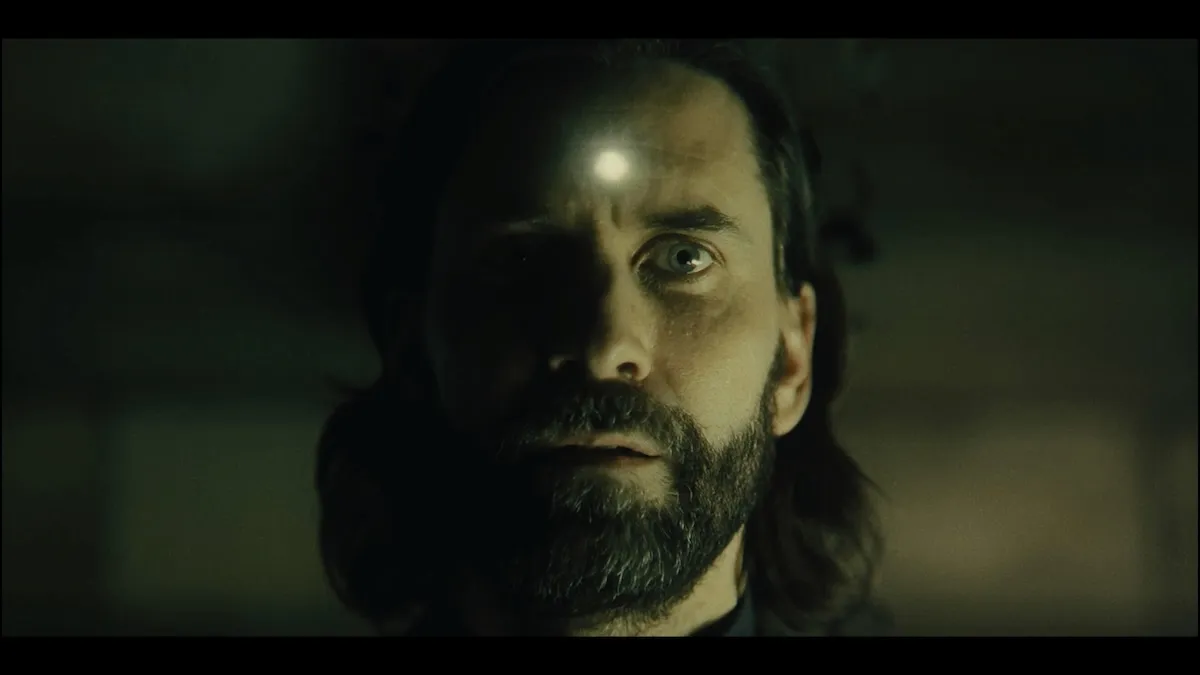

[Editor’s note: This is a special edition of the Monthly Musings. Aerox and CaffeinPowered have a weekly column on the C-Blogs where they each have a counter-point to a specific subject. This week, Aerox here takes a look at why he thinks licensed games are bad. For the good take, just click this link or look right above. Who do you think had the better argument? — CTZ]
This is the sixth in a series of ‘dueling C-Blog editorials’ I will be doing with CaffeinePowered.
You can check out his opinion on today’s topic over here.
Since the days of the Atari, there have always been a slew of mediocre and downright terrible videogame adaptations of popular movies and books. These licensed games, or games that use material not originally created by the developer, are incredibly common. Go to your local Target/Best Buy/Gamestop and look at the shelves, and notice how many terrible games are there that are also major motion pictures or stupid Nickelodeon shows about stupid kids/animals/inanimate objects.
While it’s true that every once in a while a decent licensed game comes out, that’s typically the result of the developer and not the content they’re working with. As it stands now, licensed games are a scourge on the gaming public, and the industry would be far better off without them.

It’s easy to point to the .01% of licensed games that actually turned out OK and claim that licensing is a good idea, but the sad reality is simply that licensed games suck. Rather than go through a huge list of all the awful games and explain why they fail (because if I did we’d be here forever), I’m going to talk more generally about why licensing is a bad idea, and explain why it was that the few licensed games that succeeded were able to do so.
Why there are some decent licensed games

If you look at all the shining examples of good licensed games, you notice they all have something in common. What is it? All of the great licensed games just so happen to have been created by the top tier of game developers. Konami, Capcom, Virgin Interactive (Hey, they were good back in the day. Wikipedia even claims they were once the “Electronic Arts” of Europe.), and Rare (pre becoming shitty), all were developing powerhouses (and some still are). The reason why those licensed games happened to be good? Because they were backed by solid developers who knew how to make good games. The success of those games had nothing to do with the licensing and everything to do with the people making them. The Lion King for SNES would have been just as good of a game if it featured tigers instead of lions. Had Perfect Dark been released before Goldeneye, Goldeneye would be the game remembered as “That game that was exactly like Perfect Dark.”

Consider the number of licensed games that exist. Then think of how many of those you can actually say were excellent games. Even with stellar developers, many licensed games are still pieces of shit. The ones that happened to turn out well are statistical outliers, and their success is not an indication that licensed games are good for the industry. The only real benefit from a licensed game is from a marketing perspective, since people might end up buying the game because they liked the original media it was based on. There are almost no benefits, yet there are a number of significant reasons why licensing is bad for the industry.
The obvious reason: The stifling of creativity
While it’s certainly still possible to be creative while working within the confines of a license, the simple fact remains that when working on a licensed game, developers don’t have control of either the characters or the story, and this can be a huge problem. Instead of letting the story shape the game and having the freedom to design levels or stages around, developers typically must follow the original script or character design and end up having to design the game to fit the story instead of the other way around.

Cliffhanger is a pretty good example of how this works. What had the potential to be at least an average beat ‘em up game was not only forced to plaster pictures of Sylvester Stallone all over the game, but they were stuck with the ridiculous restriction of making a beat ‘em up centered around a ‘roided out mountain climber who’s fighting terrorists in the snow (while he climbs mountains). Granted, the game probably wouldn’t be super popular regardless, but the awful story they were forced to follow certainly didn’t help.
Additionally, being stuck to a story that’s already been written and told presents another problem:
Everyone knows the story
One of the best things about games, particularly for an RPG fan like me, is all the twists and turns the story of a game takes and never knowing what happens next. For most licensed games, this aspect of games is sadly lacking. When a videogame is based on a movie or book, the majority of people who will buy the game are going to be people who liked said movie/book. As such, they’ve already seen the story in its entirety and the game loses a big part of the fun as there’s not as much of a drive to find out what happens next.

Goldeneye is a great example of this. Certainly, you can’t argue that Goldeneye was a bad game; it’s a perfect example of the .01% of times when a good developer actually manages to make a licensed game work. However, great gameplay aside, if you think back to when you actually played it, most gamers already knew the entire story before they put the cartridge in. The plot of the game is almost identical to the plot of the movie. Granted, the plot is good already, but think how much more epic Trevelyan’s betrayal would have been if you hadn’t already known it was going to happen. Knowing in advance what’s going to happen makes games far less interesting, and prevents the developers from utilizing one of the tools they have to truly make a great game.
Lost potential to develop original IP

Finally, when you consider the few licensed games that actually do have good gameplay, it means that developers have sacrificed what could have been original IP in order to make a licensed game. Original ideas and characters that could have been used have to be discarded or don’t even get created because developers are forced to use preexisting characters and settings. Even in the case of terrible licensed games, developers could have used the time they wasted making Nick Jr.’s Spongebob Puzzle Crab Extravaganza, a game they likely knew would suck, to be developing something that was creative, original, and fun. As another negative for the developers, if they do manage to have a success with a licensed game, they often lose the chance to maximize their gains as they’re usually prevented from making any types of sequels or expanding on the franchise without the explicit approval of the licenser.

While I admit there are a small number of decent licensed games, they are in no way representative of licensed games as a whole, and for the most part the licensing has nothing to do with why the game is good. While obviously some shitty non-licensed games exist as well, when it comes to licensed stuff the ratio of shit to not-shit is extremely high and far higher than what you’d find normally. Even considering the few successes that licensed games have had, it’s clear that it’s better for gamers and the industry as a whole if developers stop pumping out licensed garbage and instead work on their own creative games using their own ideas and their own characters.
Previous Editions
Point:
1: Violence Affects Gamers
2: Remakes
3: Chrono Trigger
4: Marathon
5: Mog
Counter Point:
1: Violence Doesn’t Affect Gamers
2: Originals
3: Earthbound
4: Doom
5: HK-47



